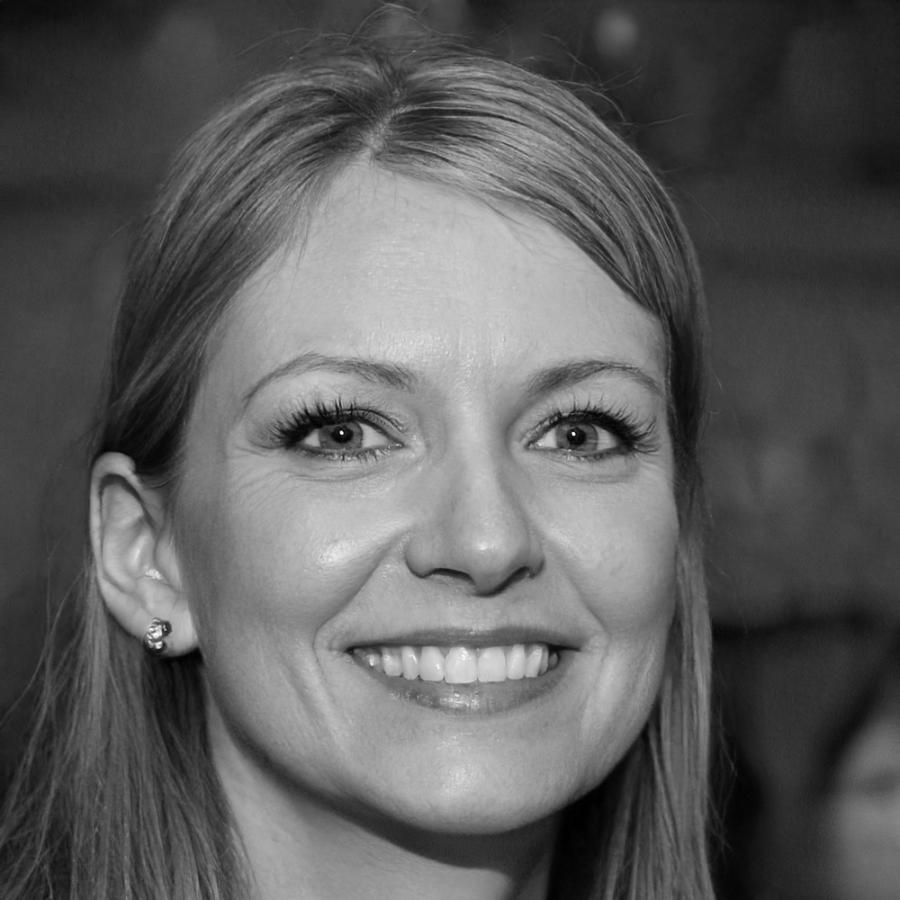Teaching What Actually Matters
Here's something we learned early: people don't need to
know everything about finance. They need to know the specific things that apply to
their situation. A retail shop owner needs different skills than someone running a
consulting business.
That's why we don't do one-size-fits-all courses.
Instead, we built learning paths. You start with fundamentals — understanding what
revenue, expenses, and margins actually mean. Then you branch into areas relevant to
your work.
The best feedback we get? When students tell us they
spotted something in their numbers that saved them money or helped them make a better
business decision. That's what this is about.
Linnea Viklund
Lead Instructor
Linnea spent twelve years working in financial analysis for
manufacturing and retail companies before joining us in 2021. She's better at
explaining complex concepts in plain language than anyone we've met. Her
background includes helping businesses transition from paper-based to digital
financial systems — which means she gets the practical challenges our students
face.
We're based in Keelung, but our students come from all
over Taiwan. Some take courses in the evening after work. Others go through modules on
weekends. The flexible structure matters because life doesn't stop while you're
learning.





